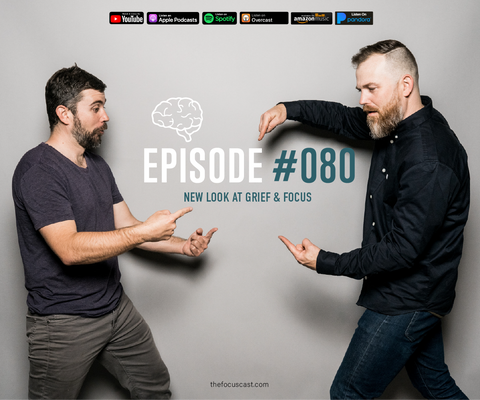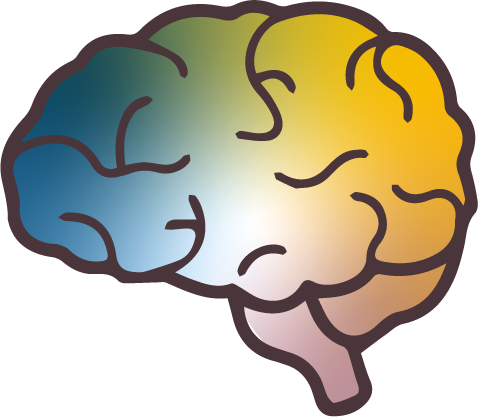
#80 A New Look At Grief
Grief is a natural response to loss, commonly associated with the passing of a loved one. However, grief extends beyond traditional notions and can arise from various forms of loss, including relationships, careers, or significant projects. Understanding the five stages of grief and its impact on the brain can provide valuable insights. In this blog post, we explore a new way to look at grief, highlighting its physical and emotional aspects, and offer practical strategies to navigate through the grieving process.
TIMESTAMPS
00:00 Intro to A New Look at Grief & Focus
05:00 Five Stages of Grief
09:40 Our Brain's Response to Grief
26:00 The Constant State of Loss
33:30 Practical Strategies for Coping
Watch:
SHOW NOTES
The Five Stages of Grief:
Elisabeth Ross described the stages of grief, emphasizing that they are not linear and can occur in any order. The stages include denial, anger, bargaining, depression, and acceptance. Individuals may experience these stages differently, moving back and forth between them.
The Brain's Response to Grief:
Grief can have profound effects on the brain, impacting memory, cognition, concentration, and decision-making. The loss experienced in grief rewires neural pathways in the brain, affecting both emotional and physical aspects. Memories associated with the relationship or experience, sensory triggers, and established habits all contribute to the strength of these neural connections. When loss occurs, these connections start to diminish, leading to a sense of absence and change.
The Constant State of Loss:
Loss extends beyond the traditional scope, encompassing abstract losses such as shattered beliefs in societal structures, authority figures, or even personal identities formed as coping mechanisms. We experience constant losses, challenging our perspectives and understanding of the world.
Practical Strategies for Coping:
In addition to traditional grief support, strategies borrowed from grief management can help individuals navigate through challenging times. These strategies include:
Self-care:
Engage in practices like yoga, tai chi, or qigong.
Maintain a healthy diet and prioritize good sleep hygiene.
Incorporate physical movement into your routine.
Regularly monitor your overall health.
Social Support:
Lean on your social circle for emotional support and understanding.
Embrace New Opportunities:
Take on new responsibilities or explore new interests to foster growth and healing.
Reframing the Loss:
Embrace the concept of pruning in plants, removing weak or negative elements to promote strength and overall vitality.
Conclusion:
Grief goes beyond conventional notions and can arise from various forms of loss. Understanding the stages of grief, the brain's response, and adopting practical coping strategies can help navigate the complex emotions associated with loss. By embracing self-care, seeking social support, and reframing the loss as an opportunity for growth, individuals can find solace and regain focus amidst the grieving process. Remember, grief is a personal journey, and there is no one-size-fits-all approach.

Comments (0)
There are no comments for this article. Be the first one to leave a message!